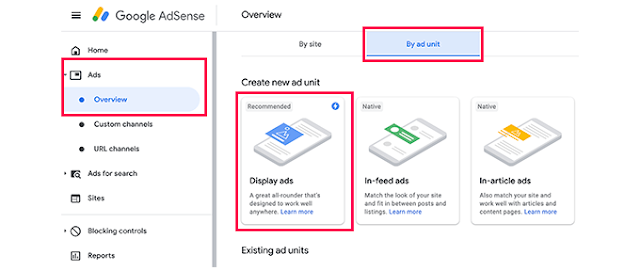Everything you need to know about heart disease- Six Sigma
Symptoms of heart disease by an abnormal heartbeat
Your heart can beat too fast, too slow, or irregularly. Signs and symptoms of abnormal heart rhythms may include:
a fluttering sensation in the chest
fast heartbeat (tachycardia)
slow heartbeat (bradycardia)
chest pain or discomfort
shortness of breath
light-headedness
dizziness
fainting (syncope) or fainting spells
Symptoms of Congenital Heart Defects
Serious heart defects at birth (congenital heart defects) often occur shortly after birth.
The lungs supply the blood with new oxygen.
The lungs also exhale carbon dioxide, a waste product of the body.
What is Coronary Artery Disease?
Coronary artery disease (CAD) is a condition in which the coronary arteries become clogged with plaque, which can lead to a heart attack. CAD is the second leading cause of death worldwide, and one in four Americans will develop it during their lifetime.
What are the symptoms of Coronary Artery Disease?
The most common symptom of this is chest pain. This pain may be felt on one side or both sides of the chest and may radiate to the back or down toward the neck. The pain can also be sharp or dull and may mimic heartburn or indigestion. The pain often gets worse when you take deep breaths or walk upstairs or stand up quickly from a sitting position. It may go away if you sit still for a few minutes but then return again after you get up from your chair or bed.
How is Coronary Artery Disease diagnosed?
Doctors use an electrocardiogram (EKG) to determine if there are abnormalities in your heart's electrical activity that could indicate an abnormally fast heartbeat called tachycardia (rapid heartbeat), which indicates possible heart problems.
Congestive heart failure is a turbulent road
Congestive heart failure is the most common form of heart disease, affecting more than 5 million people in the United States. The condition causes your heart to become enlarged and fails to pump blood through your body properly.
Strokes can also occur due to a weakened heart. A stroke is when part of your brain doesn't receive enough oxygen because of blockages in arteries.
Congenital heart disease refers to conditions that are present at birth and cause problems with the structure or function of your heart before birth.
Arrhythmia: This condition is referred to as arrhythmia. Arrhythmia can occur in the heart's chambers, valves, or rhythm.
Peripheral artery disease: The plaque may restrict blood flow to your legs or feet, causing pain and numbness. It may also make it difficult for you to walk or climb stairs due to damage to one or more of your lower extremities.






Comments
Post a Comment